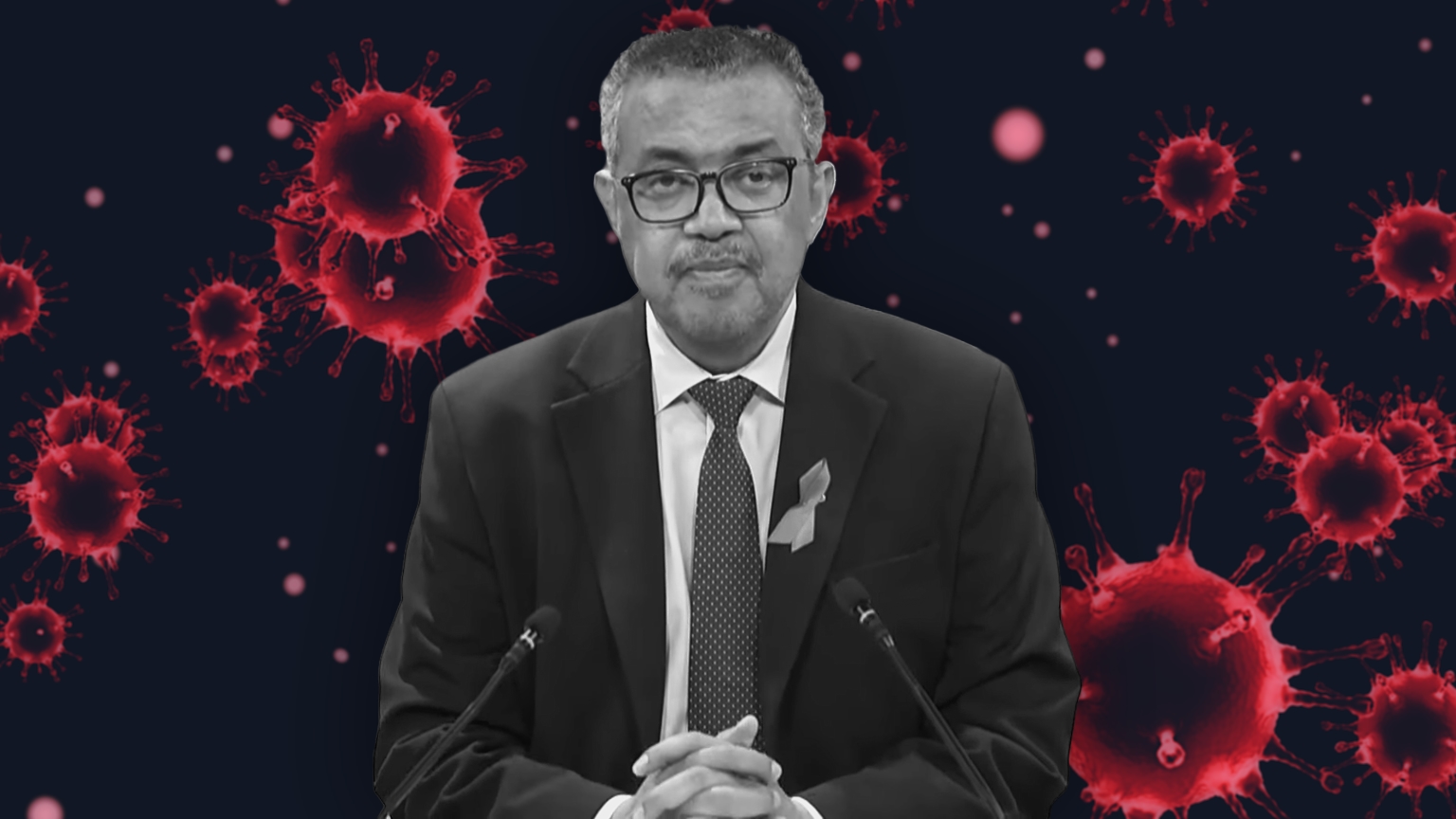Last week, a WHO working group reviewed proposed amendments to an international law that would allow the global health agency and its member states to expand and coordinate surveillance during times of “international health risk.”
These proposed amendments would add several new surveillance provisions to the International Health Regulations (2005) — an international law that dictates some aspects of health emergency response for 196 countries.
The amendments have been in the works since January 2022 and have steadily progressed through the WHO’s rule-making procedure. As they’ve progressed, more amendments have been proposed and in their current form, these suggested amendments give the WHO extra powers in various areas including some related to surveillance.
Currently, the IHR does contain some provisions requiring member states to build out their surveillance systems and provide information to the WHO but these proposed amendments add more surveillance provisions.
Under these proposed amendments, the WHO will “fill gaps in critical capacities for surveillance” in member states who cannot meet the WHO’s “core capacity requirements for disease detection, surveillance, and health emergency response.”
WHO member states are also told to build “collaborative surveillance networks to quickly detect public health events” and establish “health information systems” that synthesize data from various sources (including “population-based” sources) and track “immunization coverage.”
Additionally, these proposed amendments to the IHR aim to “strengthen the central role of national health authorities in management and coordination with political, intersectoral, interministerial and multilevel authorities for timely and coordinated surveillance and response” in accordance with “international health risk.”
One of the proposed amendments also states that when the WHO issues temporary recommendations during certain types of “potential or actual” health emergencies, they should include surveillance.
We obtained a copy of the full list of proposed amendments to the IHR for you here.
We obtained an article-by-article compilation of the proposed amendments to the IHR for you here.
The WHO is estimating that these proposed IHR amendments will be finalized by May 2024. Its next meeting to discuss these suggested amendments begins on April 17 and ends on April 20.
We obtained a copy of this provisional timeline for you here.
Not only are these amendments to the IHR proposing new WHO surveillance powers but they’re also pushing another form of surveillance tech — global vaccine passports.
As it pushes for more surveillance powers via these suggested amendments to the IHR, the WHO is also attempting to expand its surveillance powers via the international pandemic treaty.
Plus, it’s using both instruments to target content that it deems to be “misinformation” and “disinformation.”










